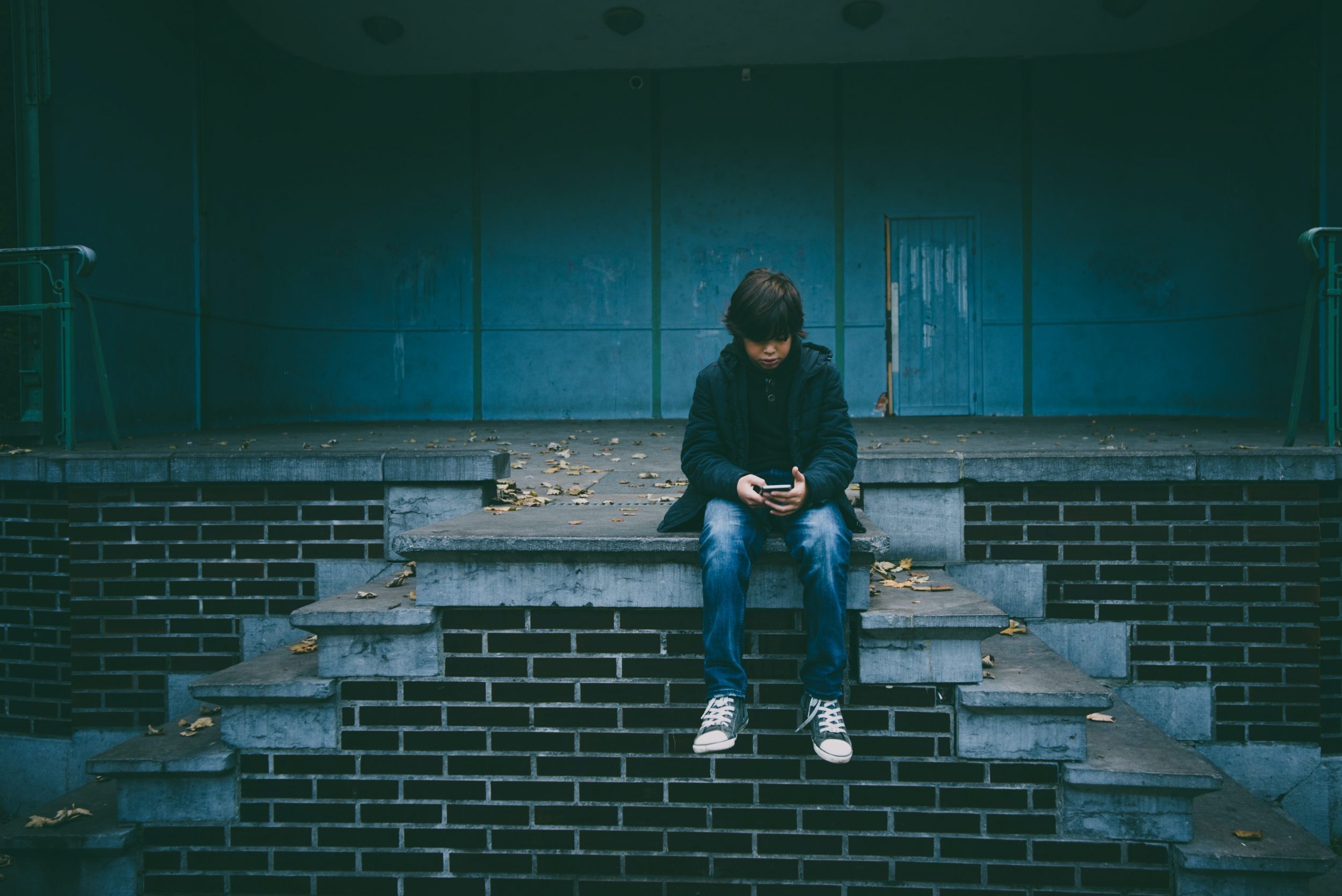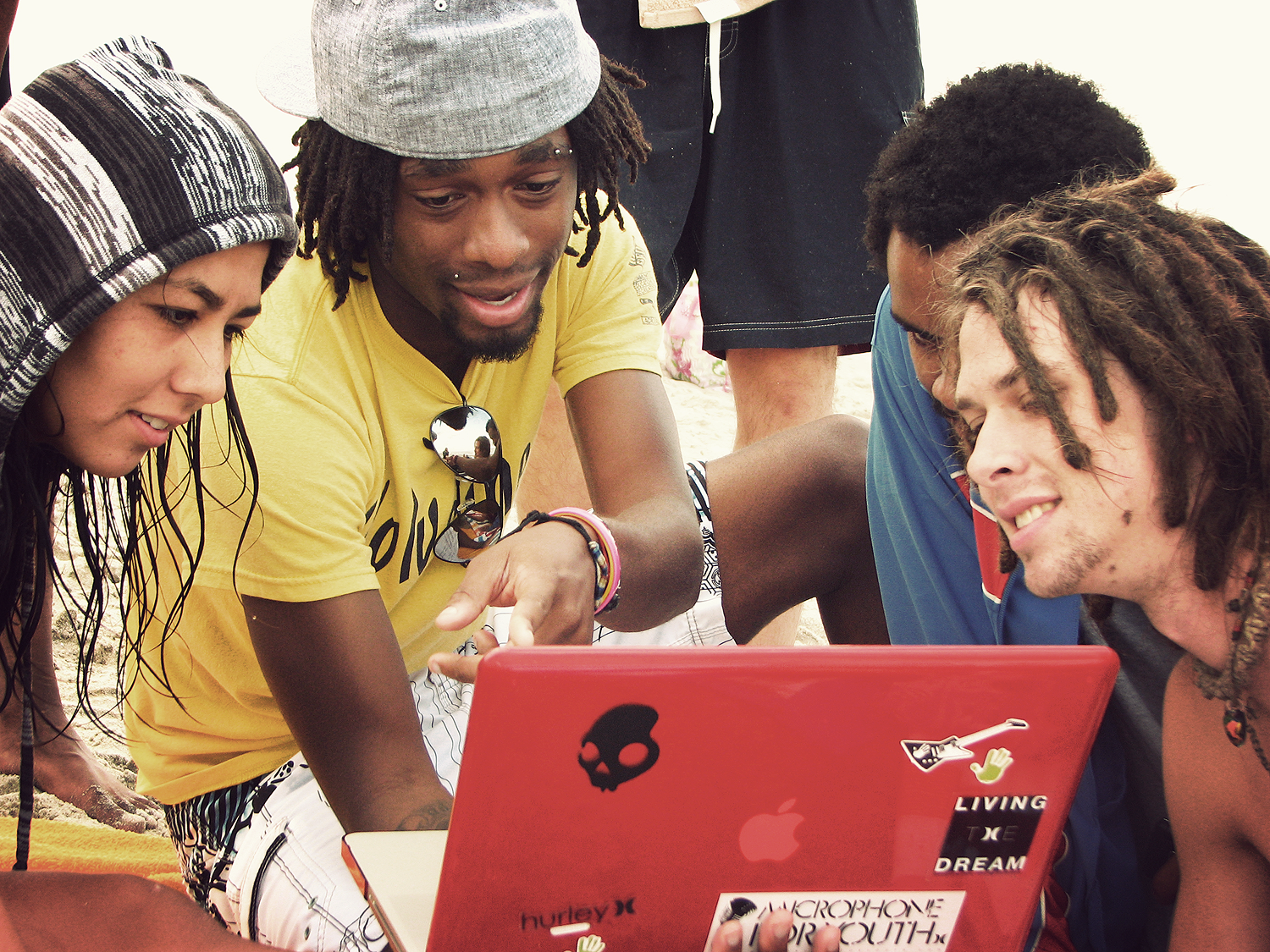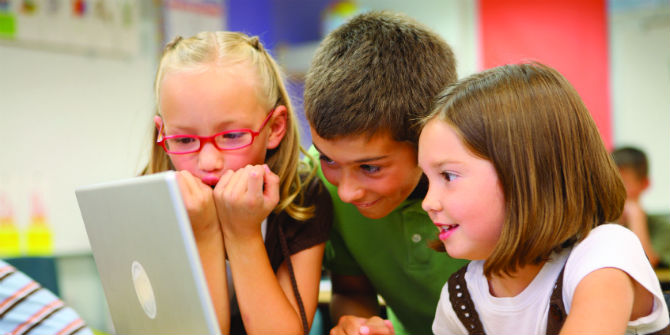
 Media literacy education and citizenship education are essential in the digital age, but Gianfranco Polizzi, a Research Fellow at the University of Birmingham and Marina Cino Pagliarello, an Associate Lecturer at the UCL, argue that in the UK these are like two parallel but disconnected tracks, and it is imperative that urgent measures are taken to bridge the two as part of a more comprehensive framework.
Media literacy education and citizenship education are essential in the digital age, but Gianfranco Polizzi, a Research Fellow at the University of Birmingham and Marina Cino Pagliarello, an Associate Lecturer at the UCL, argue that in the UK these are like two parallel but disconnected tracks, and it is imperative that urgent measures are taken to bridge the two as part of a more comprehensive framework.
Democracy cannot function without a well-informed citizenry that is actively involved in civic life, understood as both community and political life. Using digital technologies has made it easier to share public matters, to participate in the political process and to organise action. However, it has also enabled populist agendas to capitalise on citizens’ emotions in ways that rely on the internet’s potential for misinformation, polarisation and political profiling aimed at manipulating voters (think, for example, of Cambridge Analytica’s illegal harvesting of Facebook data during the Brexit referendum). These are issues, which are exacerbated by how internet corporations use algorithms and track users’ data, that undermine our ability to use digital technologies both safely and with a view to participating in society. This means that, while policymakers and internet corporations have a responsibility to redesign and better regulate the digital environment, users, and especially the younger generations (who are often at the forefront of using digital technologies), need to be equipped with the lifelong skills and knowledge necessary for developing and acting as citizens.
In order for this to happen, media literacy education and citizenship education are essential in the digital age, but in the UK these are like two parallel but disconnected tracks. What is the current state of each, and what can be done to bridge the two?
Media literacy education
Whether they go online for entertainment, socialisation, learning or for sharing public life, children and young people need digital literacy – a variant of media literacy concerned with digital technologies. This includes both functional and critical digital skills and knowledge: how to practically use different digital devices, how to evaluate online content and a critical understanding of the digital environment. However, while children in the UK increasingly use smartphones from a young age, many who have different levels of practical digital skills lack the critical digital literacy required to assess the trustworthiness of online information or to manage their privacy settings on various platforms.
Policymakers are committed to making the UK “the safest place in the world to go online”. As set out in its response to the Online Harms White Paper, the UK Government has decided to better regulate internet corporations and to promote a national media and digital literacy strategy – the details of which remain unknown. The paradox, though, is that, while such a strategy cannot exist without promoting media literacy education more robustly via the school curriculum, the UK Government has been reluctant to revise the latter, arguing that digital literacy “is already taught across the national school curriculum”.
But is this the case? On the one hand, elements of digital literacy are taught through different subjects. English, History and Maths, for instance, equip pupils with critical thinking, while Computing, Citizenship and PSHE encourage them to develop, respectively, functional digital skills and knowledge, an understanding of media bias in the context of democracy, and how to use digital technologies both safely and responsibly. On the other hand, not only do these subjects place little emphasis on the importance of understanding the broader digital environment, but a subject like Media Studies, which encourages pupils to gain such an understanding and to use digital technologies both critically and creatively, is only an optional subject at GCSE and A-level, and taken by less than 8% of pupils.
Citizenship education
The establishment of citizenship education in the UK originates from the Crick Report published in 1998. Conceived in line with the Third Way political agenda that aspired to reconcile social justice with individual responsibility vis-à-vis declining civic engagement and low electoral turnout, the report recommended that citizenship education should be taught as a discrete statutory subject. Since then, citizenship education has revolved around three strands: social and moral responsibility, community involvement and, above all, political literacy. Relatedly, since 2002 it has been part of the school curriculum for children aged 11-16, and a cross-curricular subject for pupils aged 4-11. However, its implementation has remained fragmented (because of limited guidance for teachers and the fact that not all schools in England are required to follow the national curriculum), which has led the UK Parliament Citizenship Civic Engagement Select Committee to define its current state as “poor”.
According to a recent report, political literacy in particular still has a marginal role in the school curriculum. Furthermore, while it is currently taught as involving factual knowledge of the broader socio-political system, arguably it should be understood more comprehensively as the knowledge, skills, and values that citizens need in order to participate both actively and responsibly within their communities, the political system, and society.
In the hope of strengthening citizenship education, an All-Party Parliamentary Group (APPG) on Political Literacy was established in 2021 to discuss its current provision and explore how to better equip pupils with political literacy. The APPG, which includes parliamentarians from across the political spectrum alongside academics and civil society practitioners, could serve as a springboard for promoting a richer approach to political literacy. But how should this be taught in the digital age?
Integrating media literacy education into citizenship education
Given the implications for democracy and participation that are inherent in the opportunities and risks that the internet presents, it may be reasonable to suggest that more efforts are needed to seek convergence between media literacy education and citizenship education. Here are a few recommendations for how to make this possible:
- Media literacy education should be promoted by policymakers, schools and educators in ways that are integrated more systematically into citizenship education, which, in turn, should also be promoted more cohesively.
- Digital literacy should be taught in tandem with political literacy. Besides developing functional digital literacy, pupils need to learn not only how to evaluate online content (e.g., both in general and within civic life), but also about the role (and implications for democracy) of internet corporations and how they operate, along with the potentials and limitations that the internet presents for civic engagement.
- Meanwhile, political literacy should not be taught merely as factual knowledge about the socio-political system, but in ways that provide children with the epistemic toolkit essential for developing and acting as citizens who possess political autonomy and understand the digital environment.
- While multiple subjects (e.g., Computing, PSHE) should play a role in terms of how different aspects of digital literacy are promoted across the school curriculum, lesson plans and resources developed for Media Studies could be adapted to fit the Citizenship curriculum. Concurrently, new resources and teacher training should be designed, building on the work of the Association for Citizenship Teaching (ACT), which has started to incorporate some aspects of media literacy education.
If we are to equip pupils with the skills and knowledge required to develop as citizens in the digital age, then the task of integrating media literacy education into citizenship education is an urgent one that needs more coordinated efforts.
This article represents the views of the authors and not the position of the Media@LSE blog, nor of the London School of Economics and Political Science.





